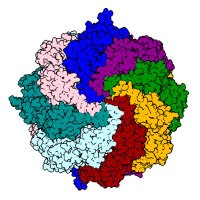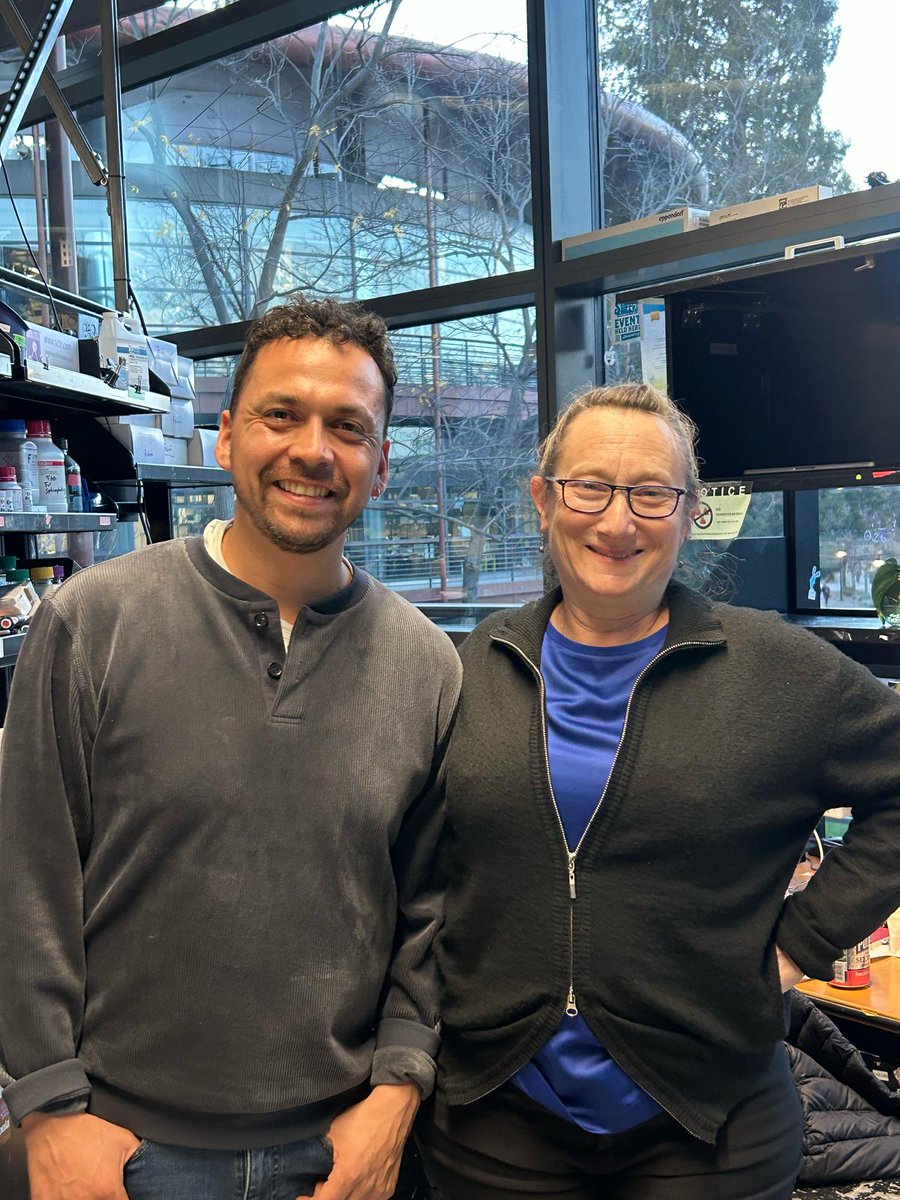
Frydman Lab
@frydmanlab
A lab at Stanford University studying protein biogenesis, folding, and aggregation in health and disease. Tweets by lab members.
ID: 1225841192279035904
https://web.stanford.edu/group/frydman/web/ 07-02-2020 18:00:01
189 Tweet
1,1K Followers
127 Following


We are proud and excited to share the new study from our lab, led by the amazing Ranen Aviner. It uncovers an important pathogenic mechanism causing cellular dysfunction in Huntington's Disease. We hope this work will inspire new and effective therapies nature.com/articles/s4155…


My choice this week in Science Magazine nature.com/articles/s4155… Frydman Lab Ranen Aviner



2. Mauricio and Kevin Stein combined ML with experiments to understand how codon choice and tRNA pools are tuned to harmonize elongation rate with cotranslational folding and minimize unwanted ribosome pausing. Major and important findings of our study are.....













It was a pleasure to participate in the "Protein folding & Chaperones" platform session this morning in #bps2025 sharing our story from the Frydman Lab about TRiC mutations and their link with brain malformations. A session with a nice mix of cool stories focused protein folding



